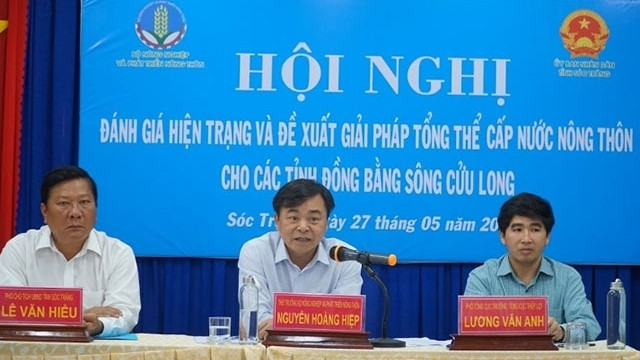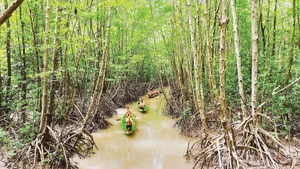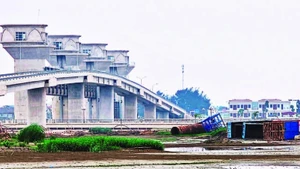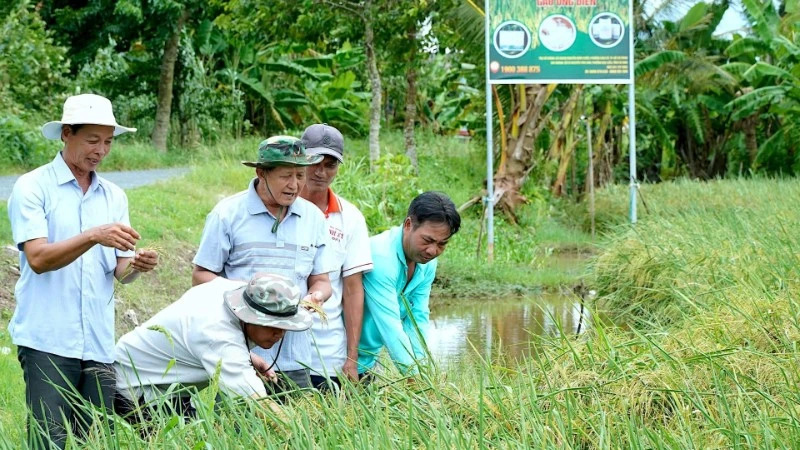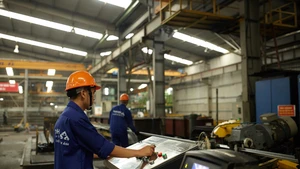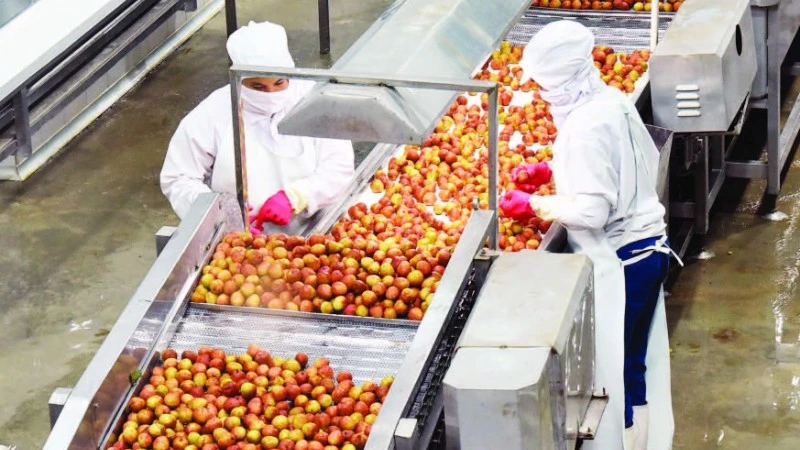The Mekong River Delta currently has about 13 million people living in rural areas, due to investment in recent years from the central and local budgets as well as effective support from international organisations and the active participation of the population, 98% of people have access to clean water, and 55% of clean water meets national standards.
However, extreme weather, severe drought, and large scale saline intrusion in the Mekong Delta have affected the rural water supply. There are about 167 centralised water supply works affected by saline intrusion, causing water shortages and salinated water.
At the conference, Deputy Minister of Agriculture and Rural Development Nguyen Hoang Hiep suggested that localities should proactively develop disaster response plans and diversify their rural clean water supply solutions.
More attention should also be paid to ensuring the quality of water resources, and raising awareness of water saving and environmental protection amongst the people, he added.
In the long term, the MARD will coordinate with relevant ministries and agencies to deploy irrigation works in order to solve water scarcity in the dry season for the whole region as well as build a legal schedule on rural clean water issues to ensure harmony of benefit and equity in water use for rural people.
